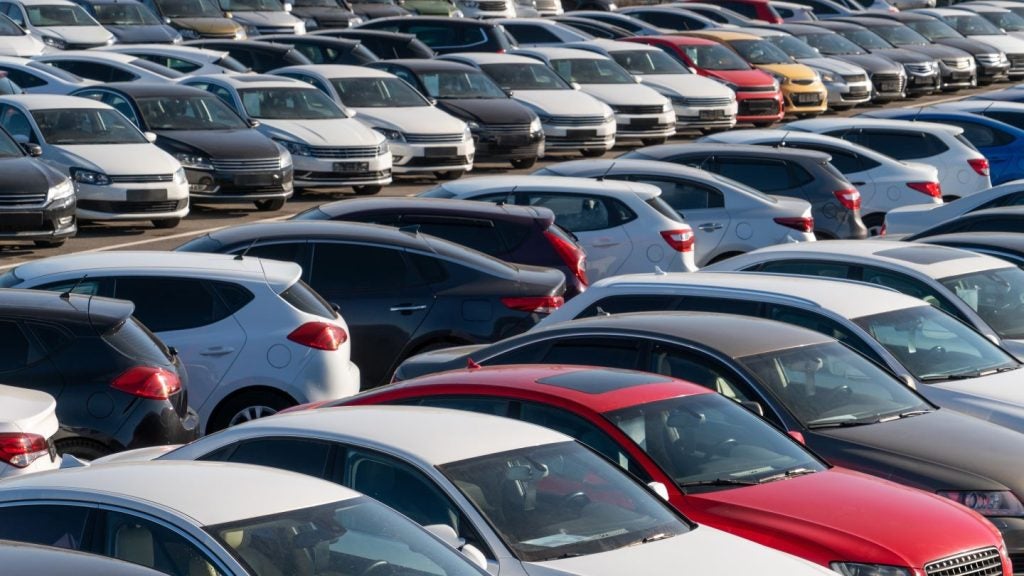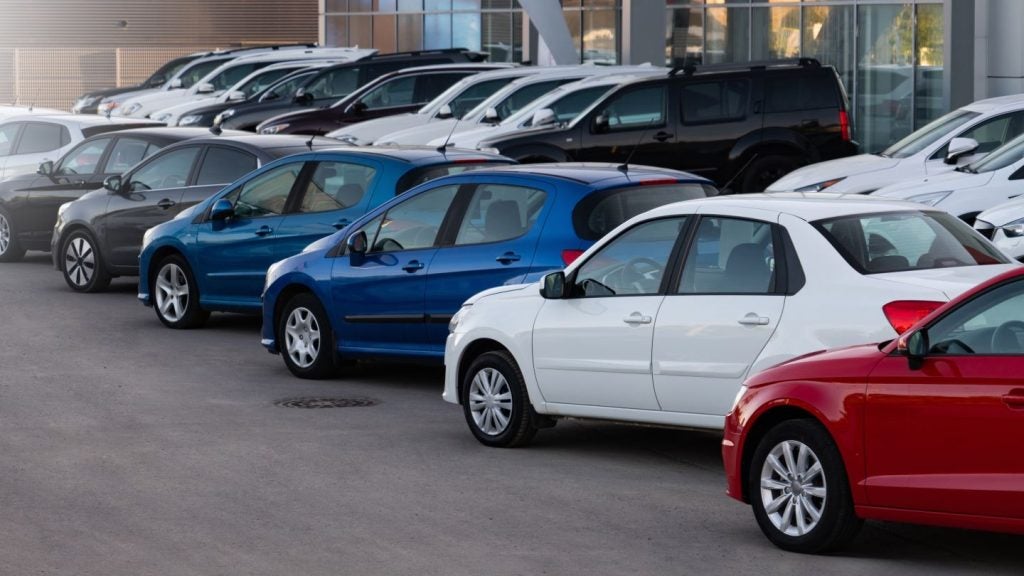
European automakers are bracing for a challenging 2025, marked by increasing protectionist measures, slowing EV sales, and the introduction of stricter emissions regulations.
According to Fitch Ratings, while capital reallocation may provide some financial stability, the sector faces mounting risks from geopolitical tensions, cost pressures, and structural shifts in the global market.
Tariff risks on both sides of the Atlantic
The upcoming 2026 review of the US-Mexico-Canada Agreement (USMCA) looms large for automakers like Volkswagen and Stellantis, which rely heavily on production facilities in Mexico. Any new tariffs on imports could disrupt operations and add to existing cost burdens. Fitch warns that realigning supply chains to avoid tariffs could take years and might not be financially viable.
Meanwhile, the European Commission’s tariffs on imported Chinese electric vehicles (EVs) have raised concerns about potential retaliatory measures from China, a critical market for German automakers. While it remains unclear how China might respond, broader actions could further erode margins and cash flow in what is already a highly competitive market.
Cost pressures and declining sales
Vehicle sales in Europe remain nearly 20% below pre-pandemic levels, intensifying the need for cost reductions. Leading automakers have announced restructuring programmes to adjust their fixed cost bases, but these are expected to result in significant one-time charges in 2024 and 2025. Labour costs continue to pressure budgets, even as stabilising raw material prices offer some relief.
The rollout of mass-market and EV models in 2026 may dilute margins further, adding to financial pressures. Fitch notes that despite these challenges, automakers’ capital reallocation efforts could provide sufficient profitability and free cash flow headroom to offset near-term restructuring costs.
How well do you really know your competitors?
Access the most comprehensive Company Profiles on the market, powered by GlobalData. Save hours of research. Gain competitive edge.

Thank you!
Your download email will arrive shortly
Not ready to buy yet? Download a free sample
We are confident about the unique quality of our Company Profiles. However, we want you to make the most beneficial decision for your business, so we offer a free sample that you can download by submitting the below form
By GlobalDataEmissions targets add to compliance risks
The EU’s average CO2 target of 93.6g/km, set to take effect in 2025, presents a significant hurdle for automakers. With EV sales growth slowing in Europe, companies like Volkswagen and Mercedes-Benz risk substantial fines if they fail to meet emissions targets. Compliance will depend on factors such as the adoption of zero-emission vehicles, the pooling of carbon credits, and potential regulatory adjustments.
Shift in R&D priorities and supply chain impact
To navigate these pressures, automakers have scaled back investment in new powertrain technologies, including batteries and platform architecture. This shift has ripple effects on the supply chain, with mining and refining companies curtailing their planned activities. Fitch suggests that reallocating capital investment toward core operations is helping manufacturers preserve profitability and manage free cash flow during this period of heightened uncertainty.
Outlook for 2025
As European automakers contend with protectionism, regulatory pressures, and evolving market dynamics, their ability to adapt and innovate will be critical. While cost-cutting measures and capital reallocation offer some financial relief, long-term success will depend on maintaining competitiveness in a rapidly changing global landscape.e critical in navigating a challenging global environment.







